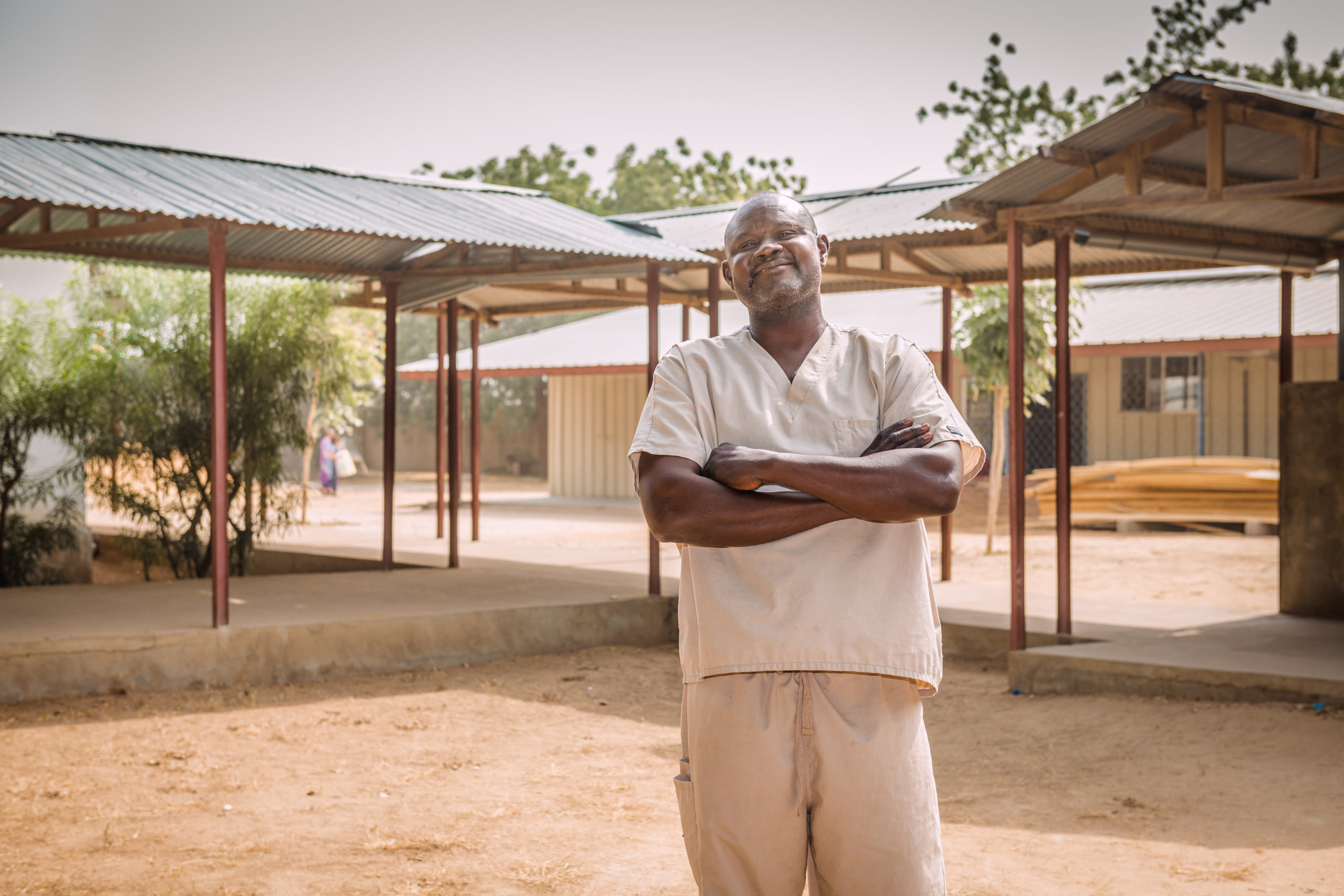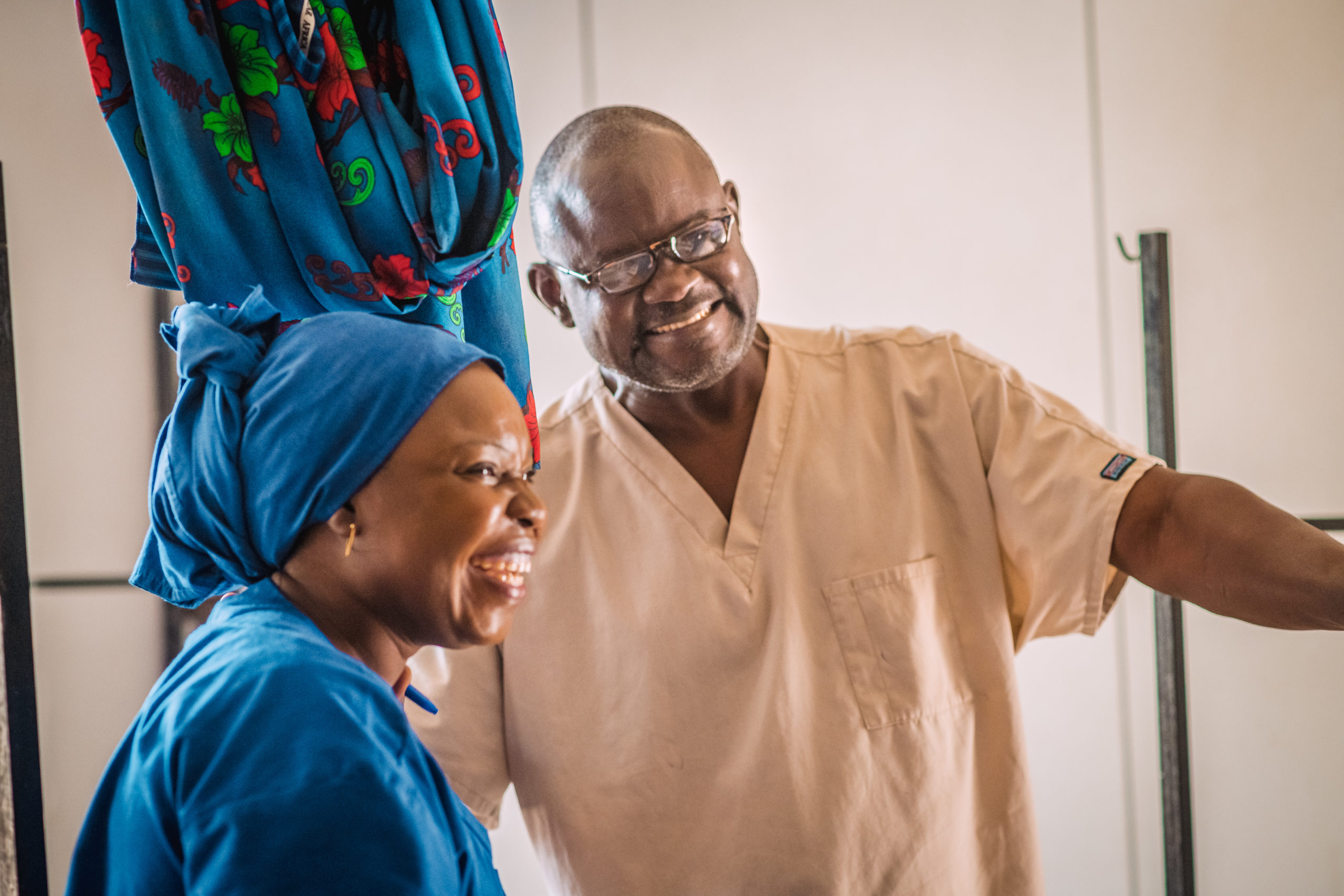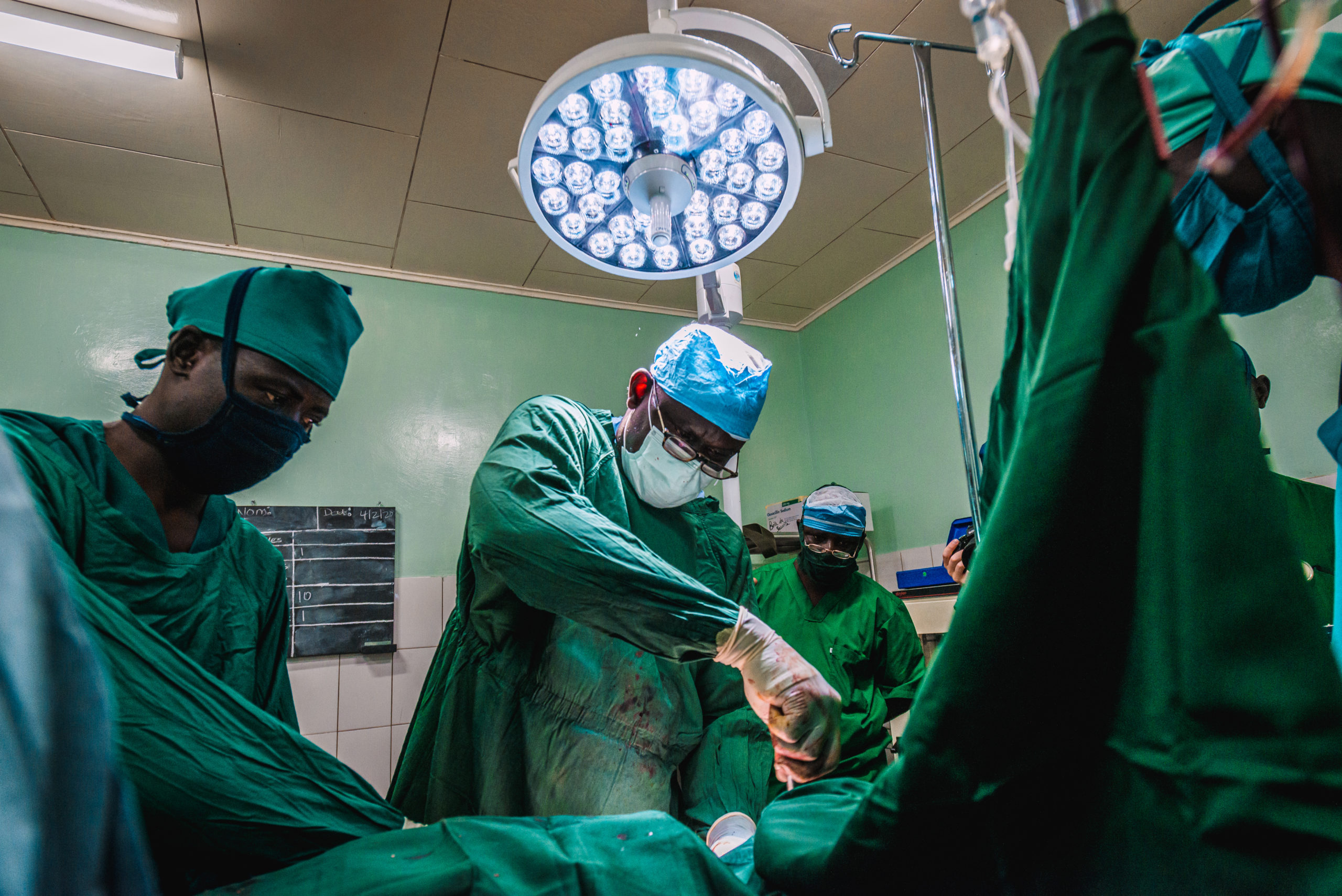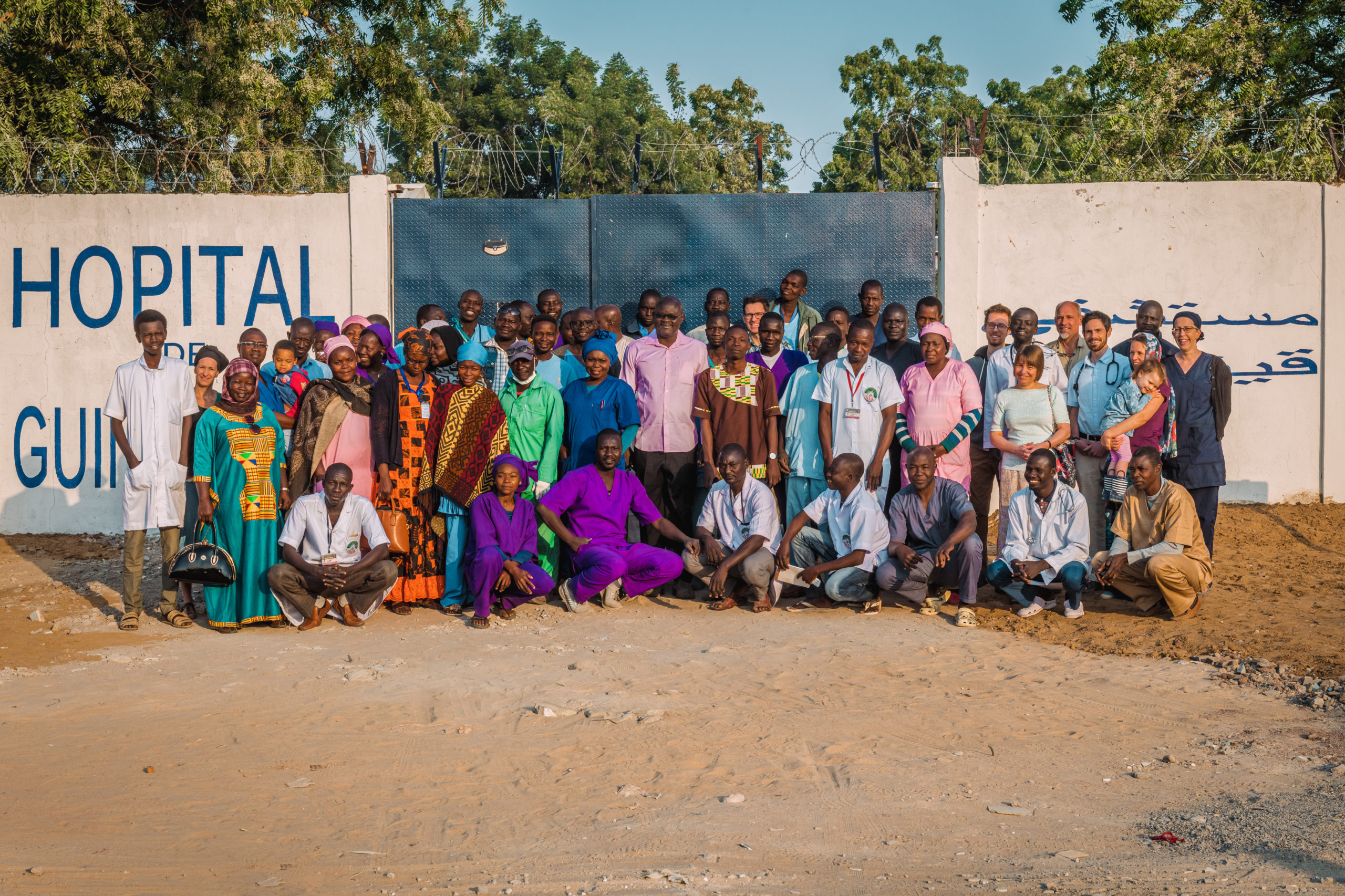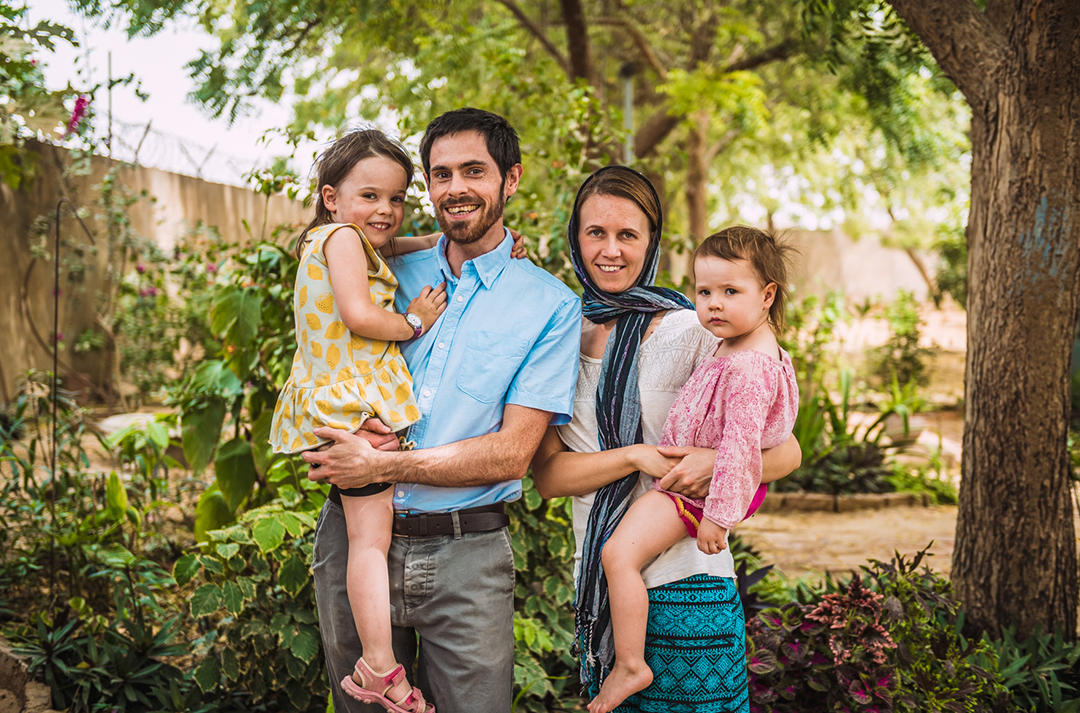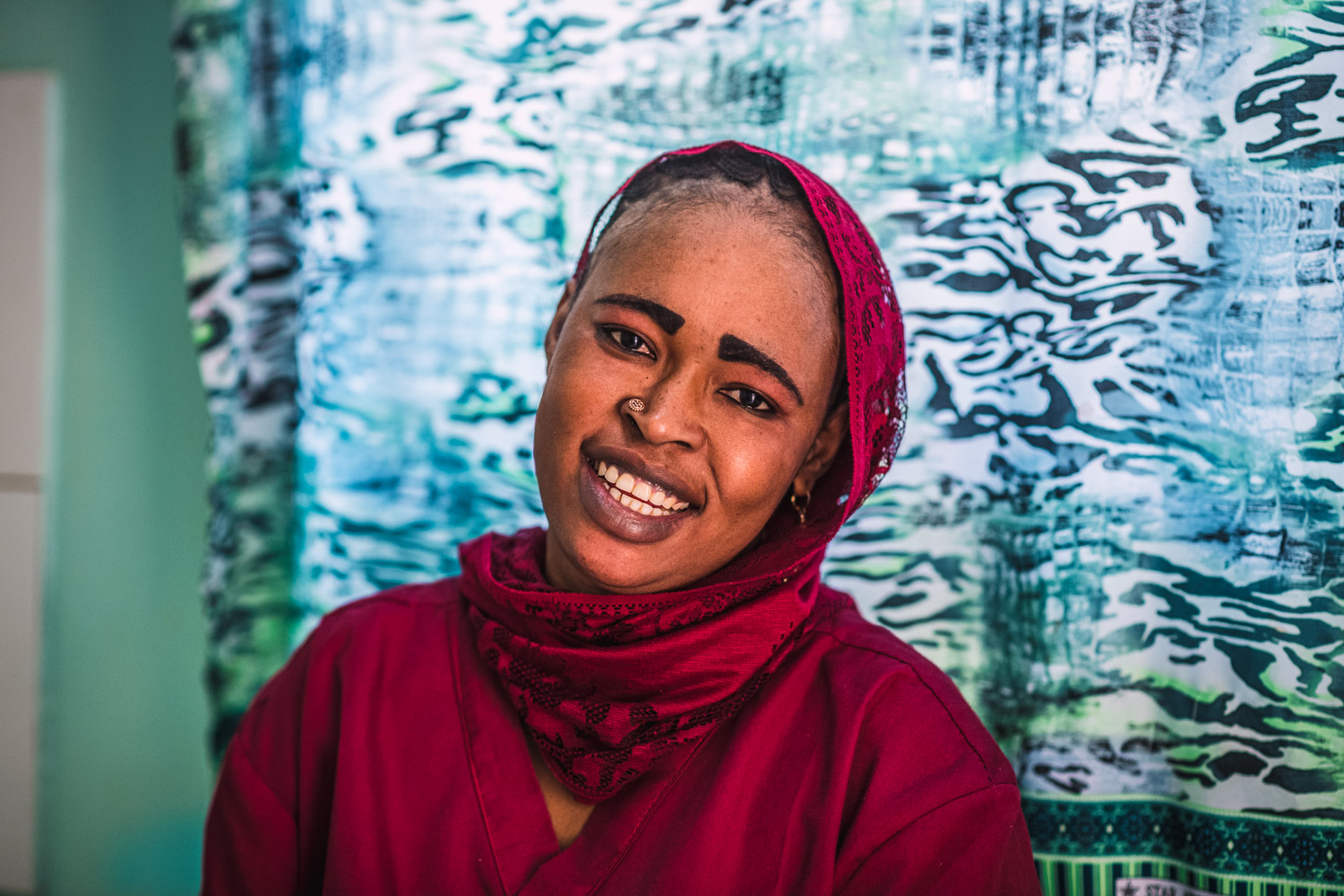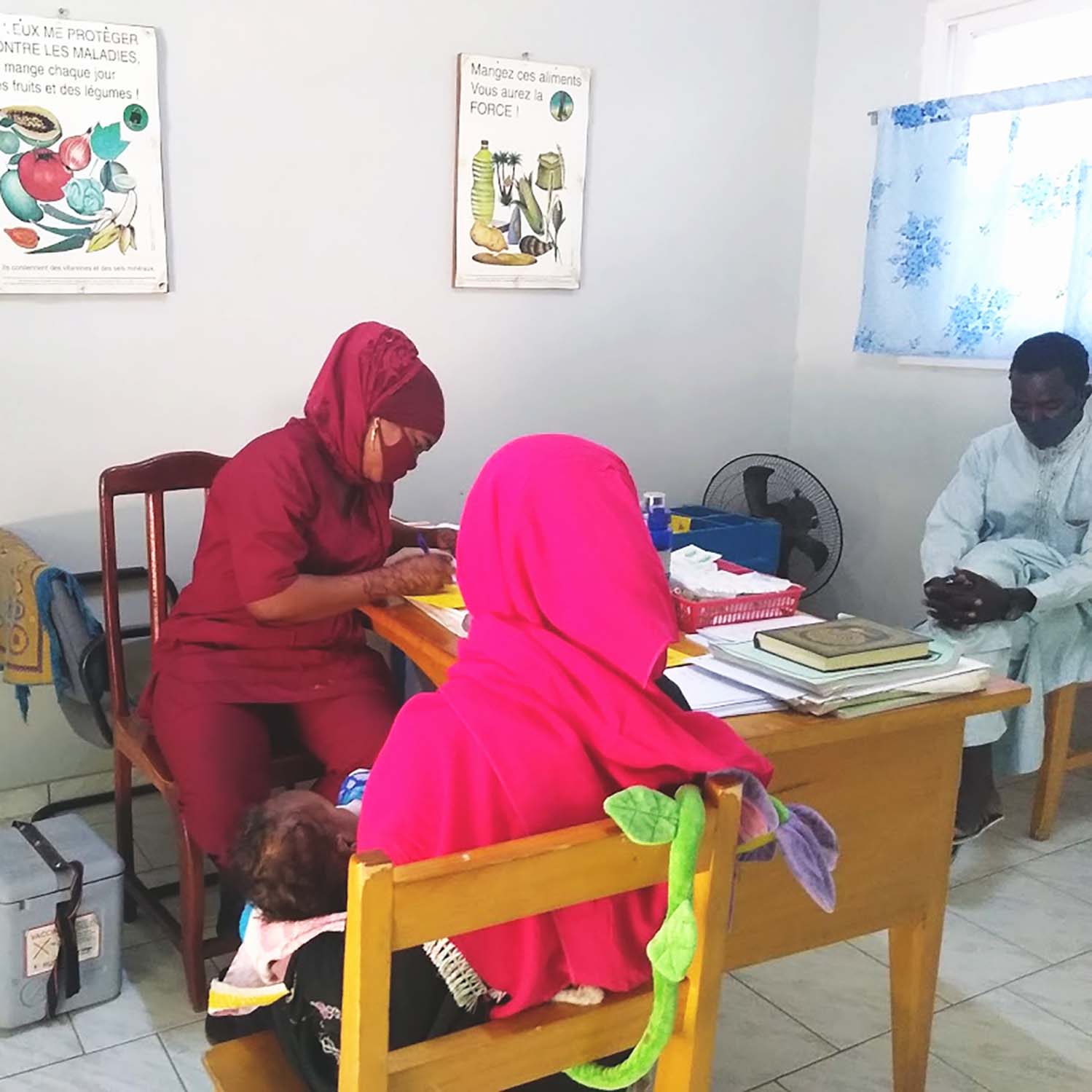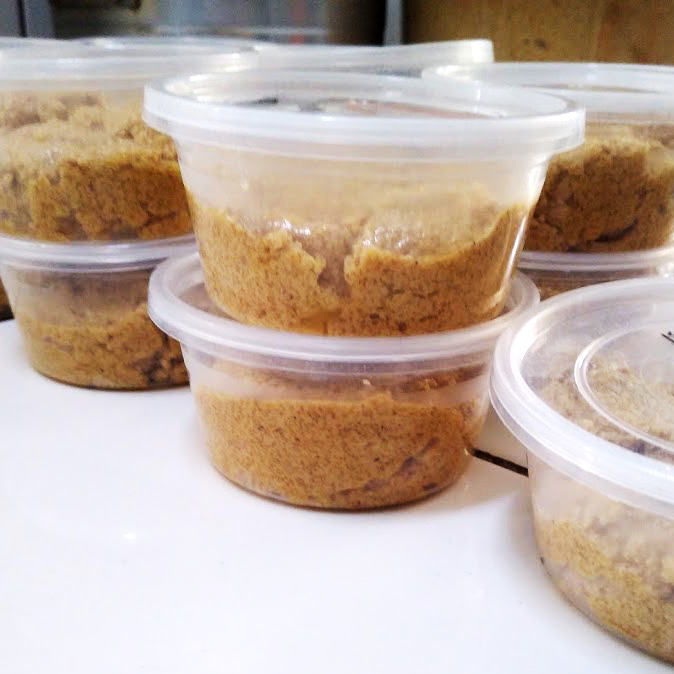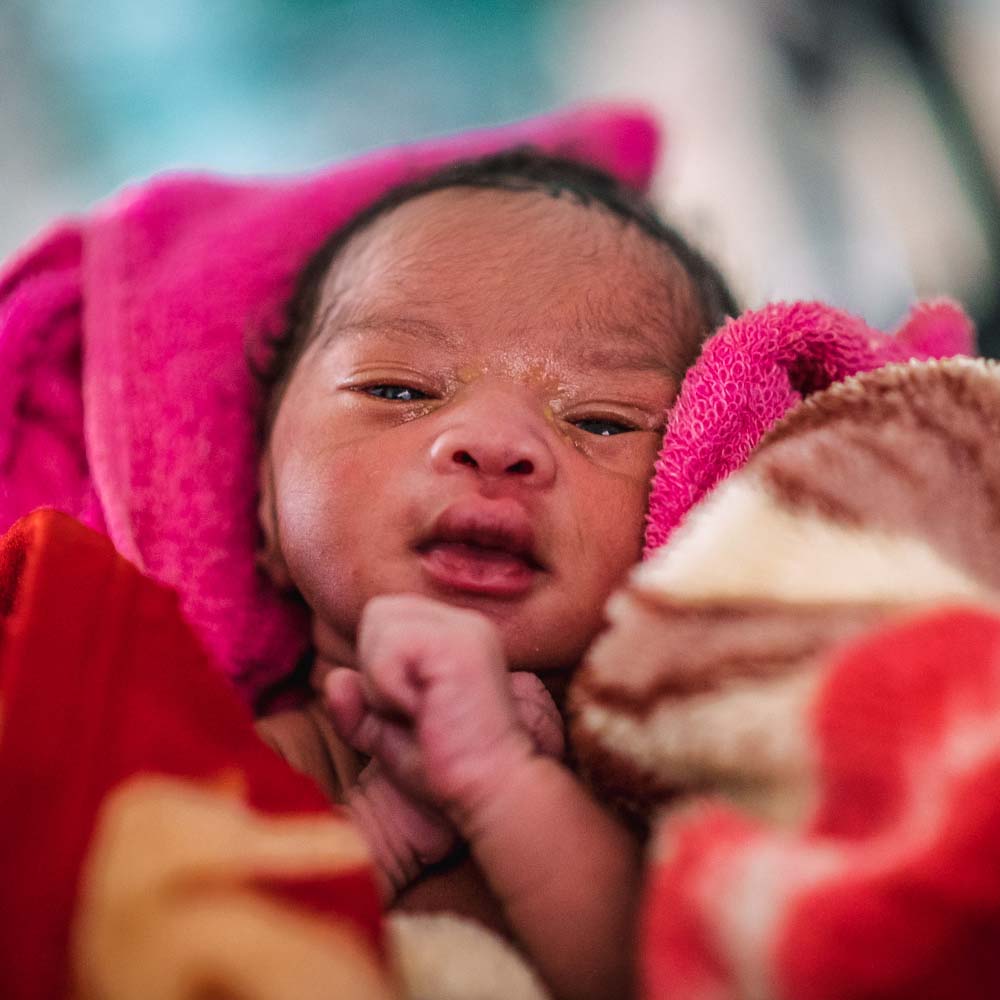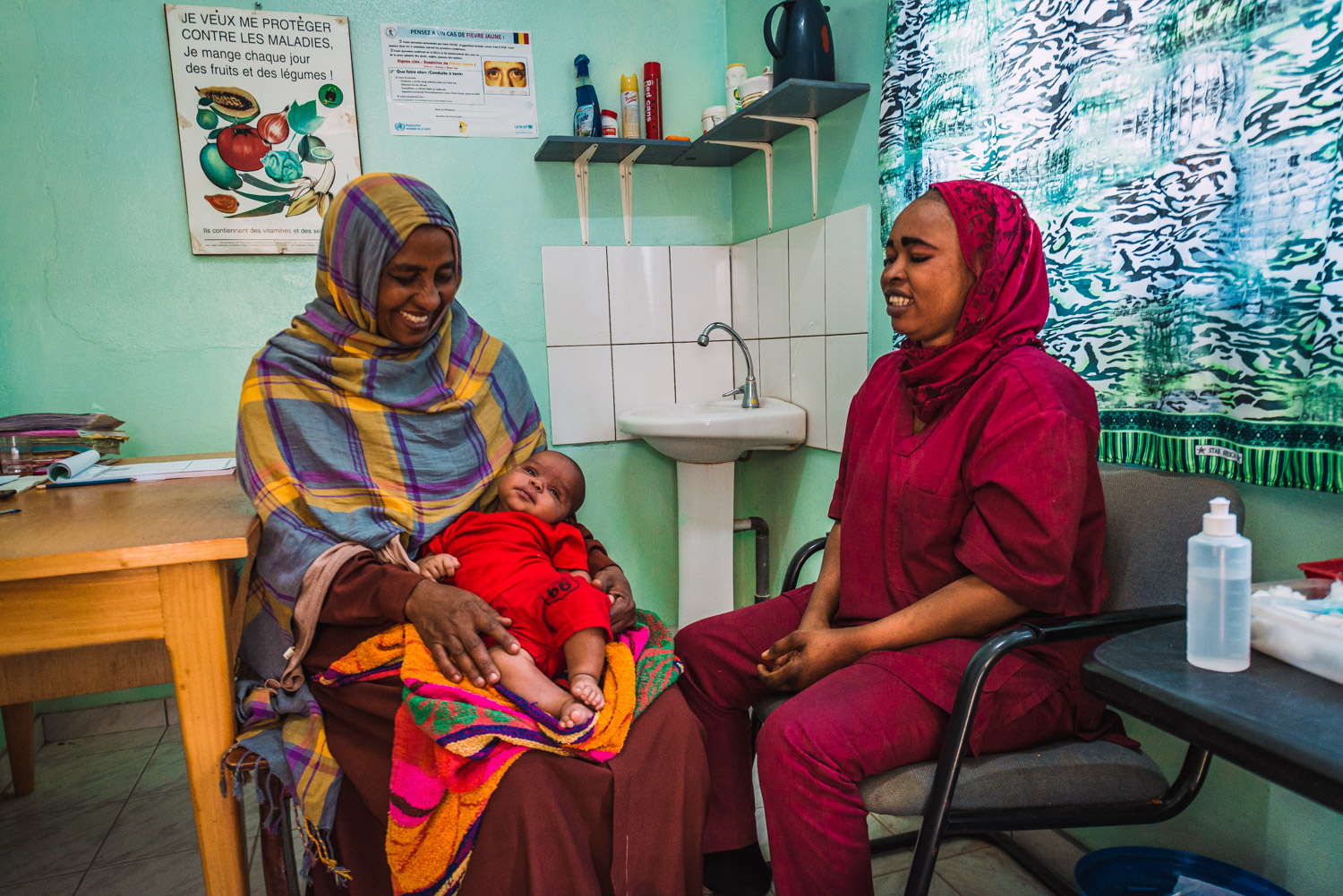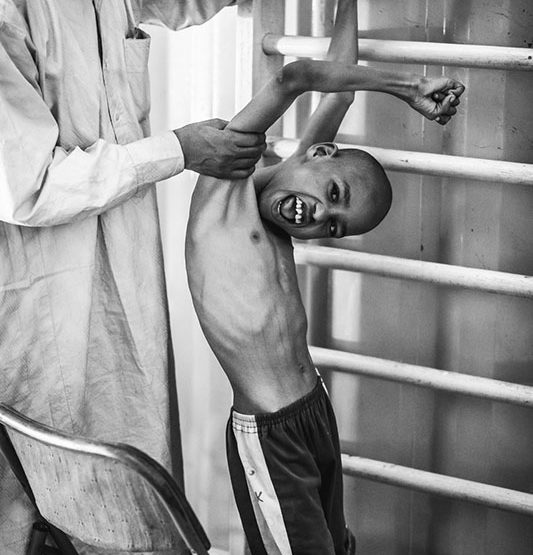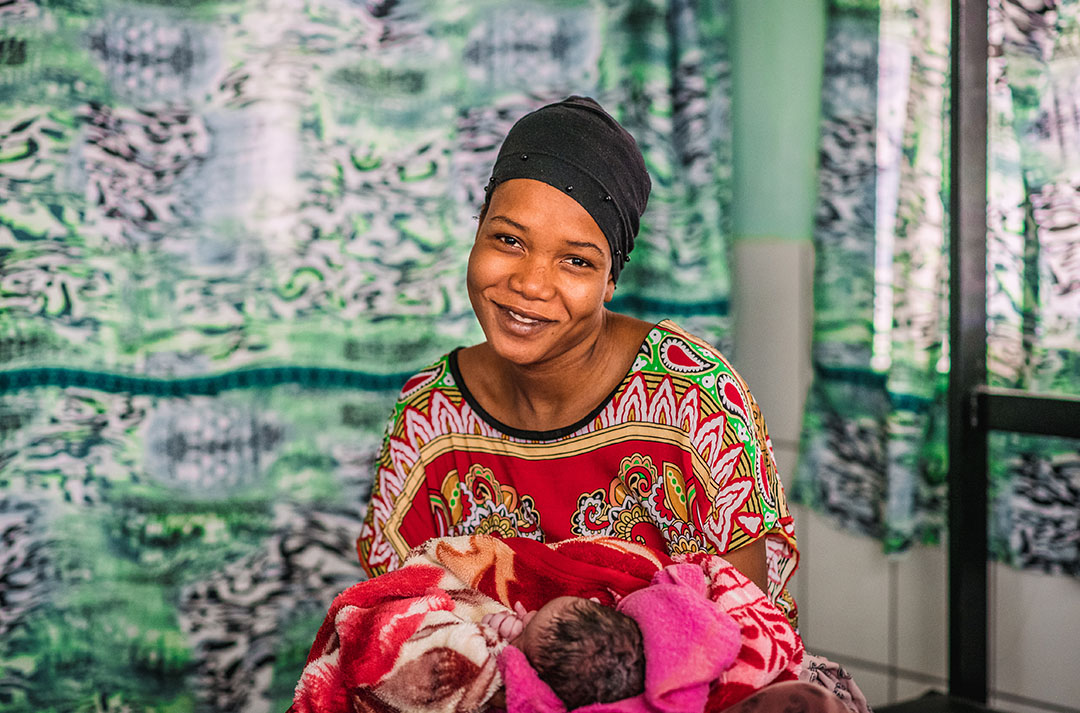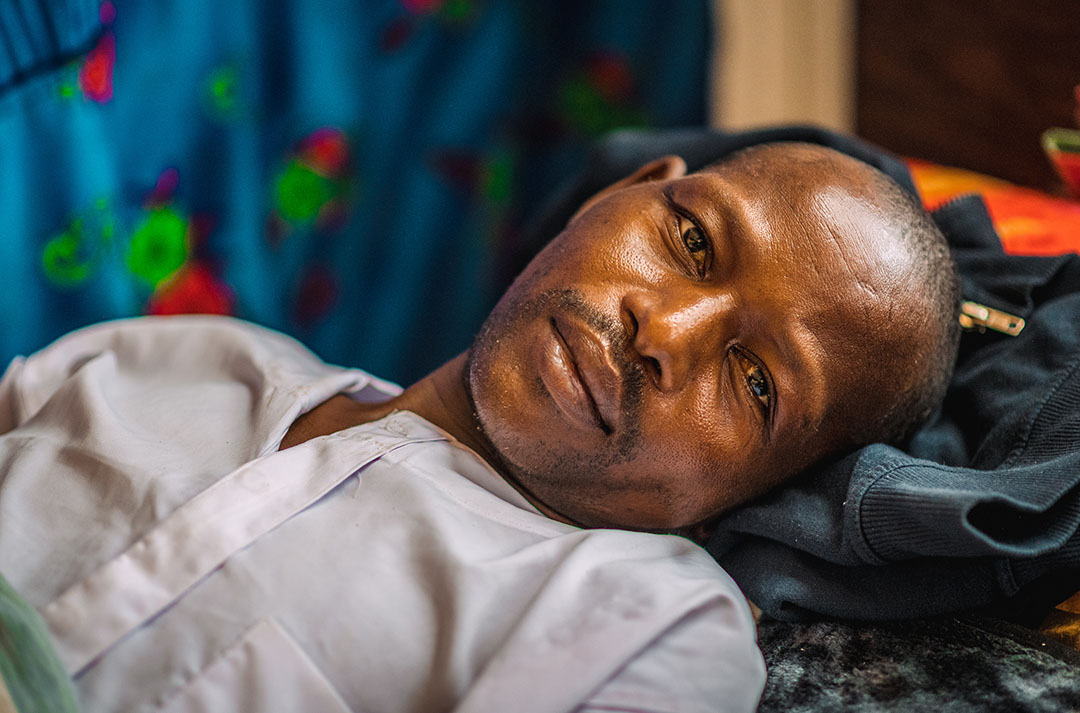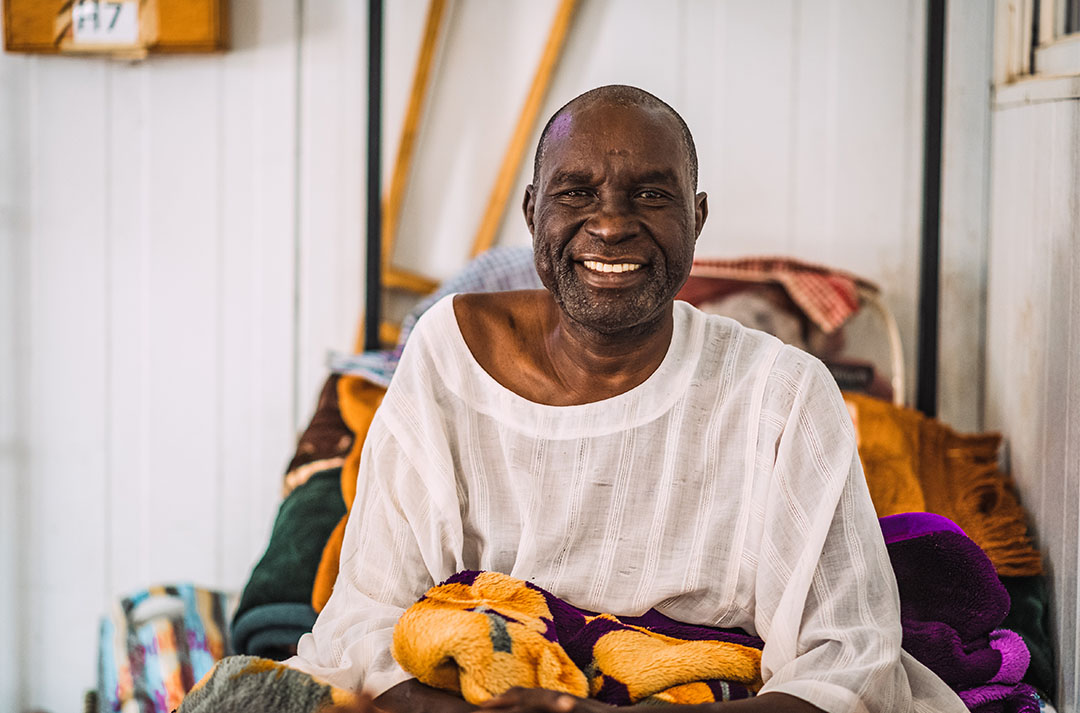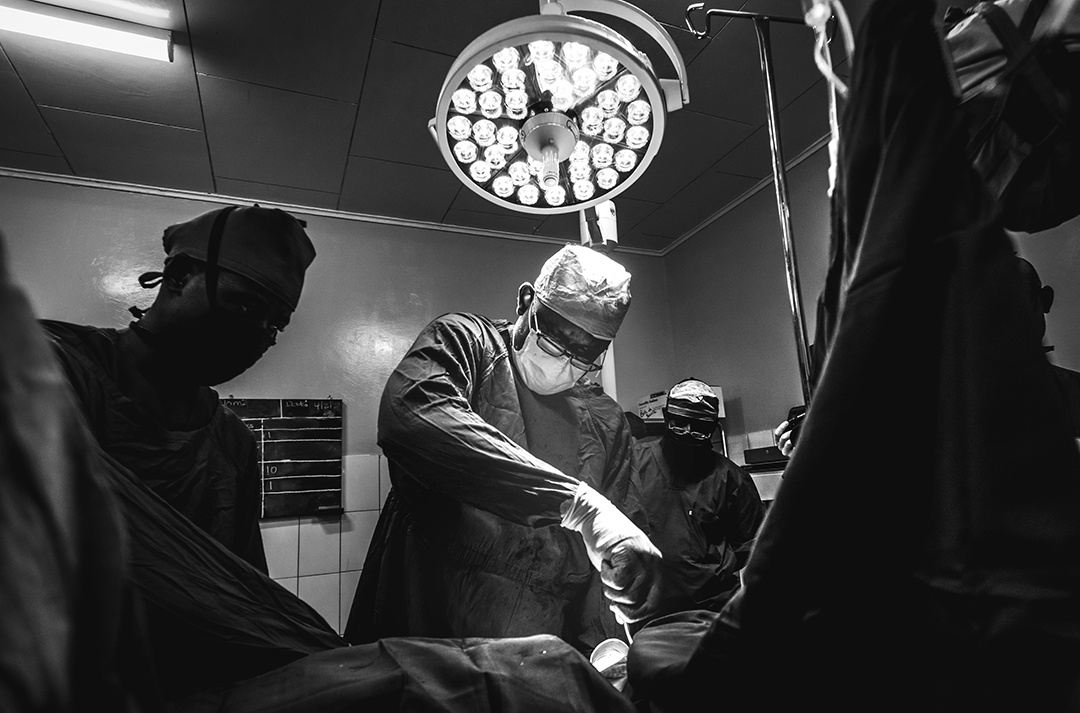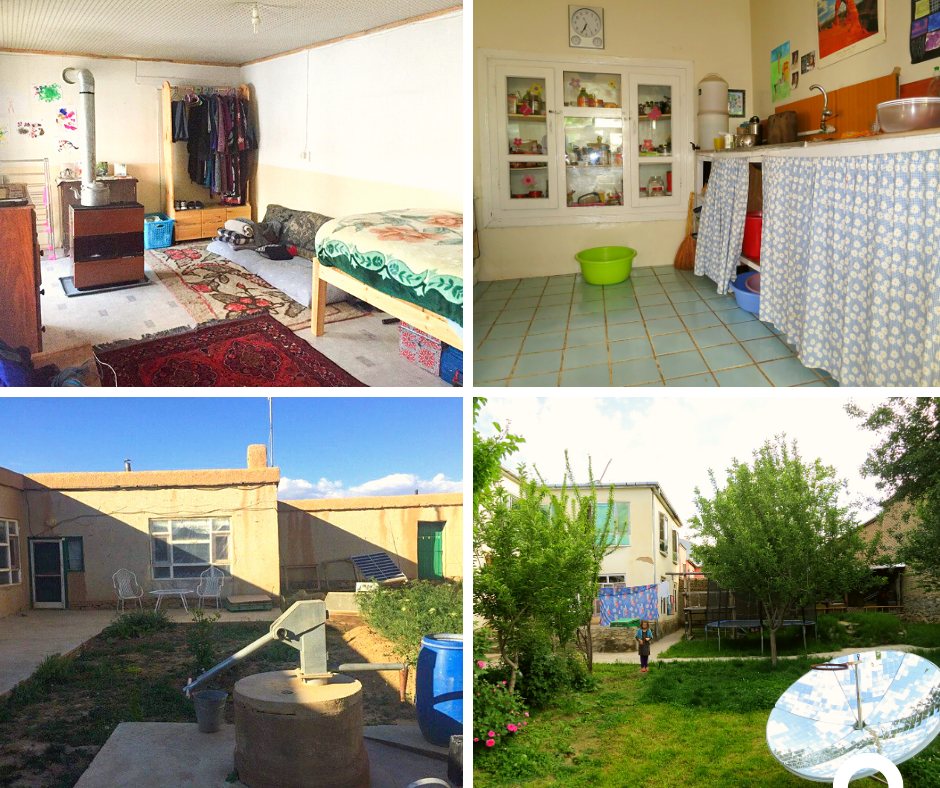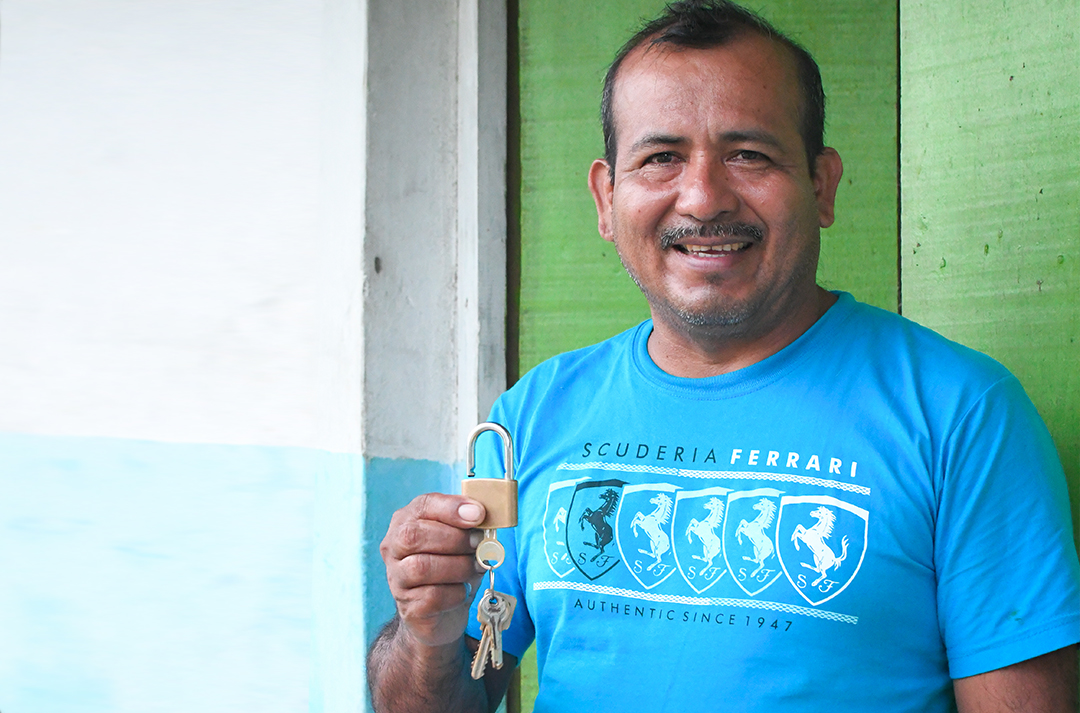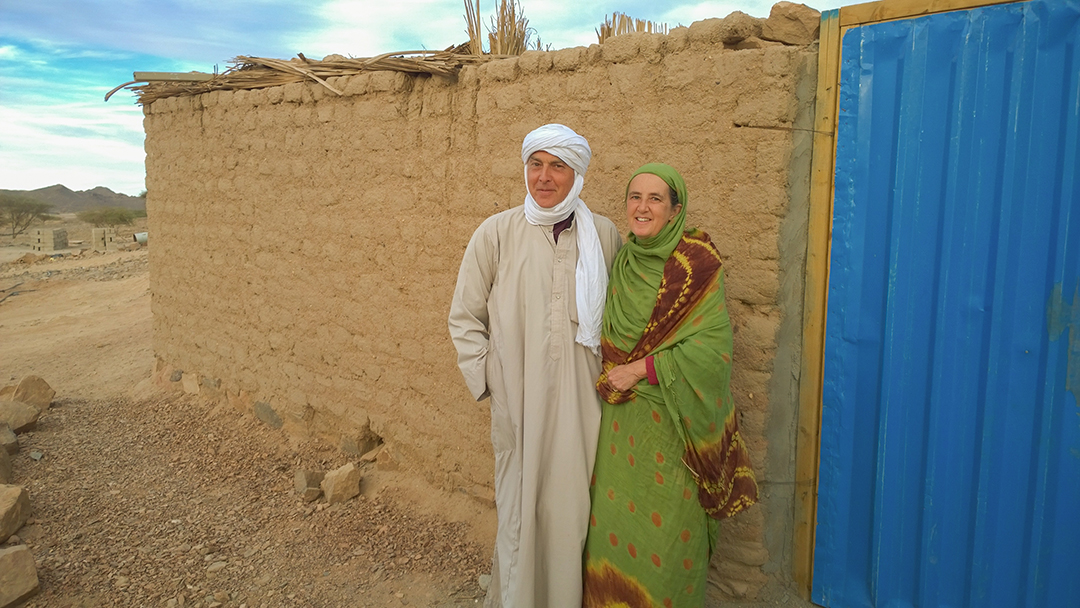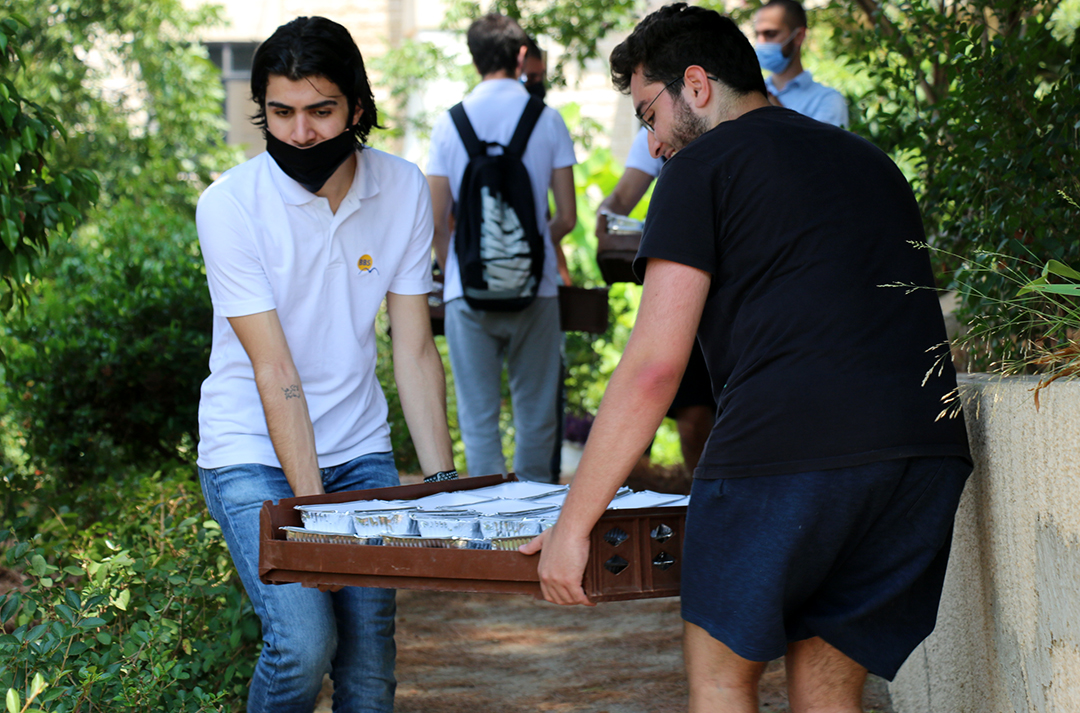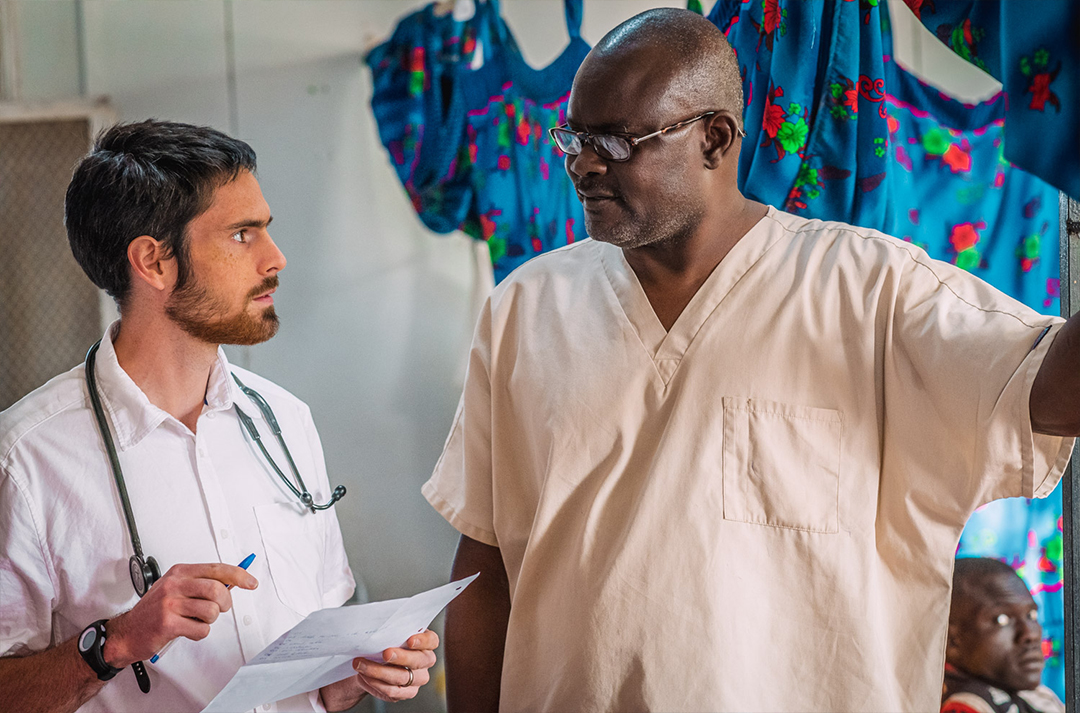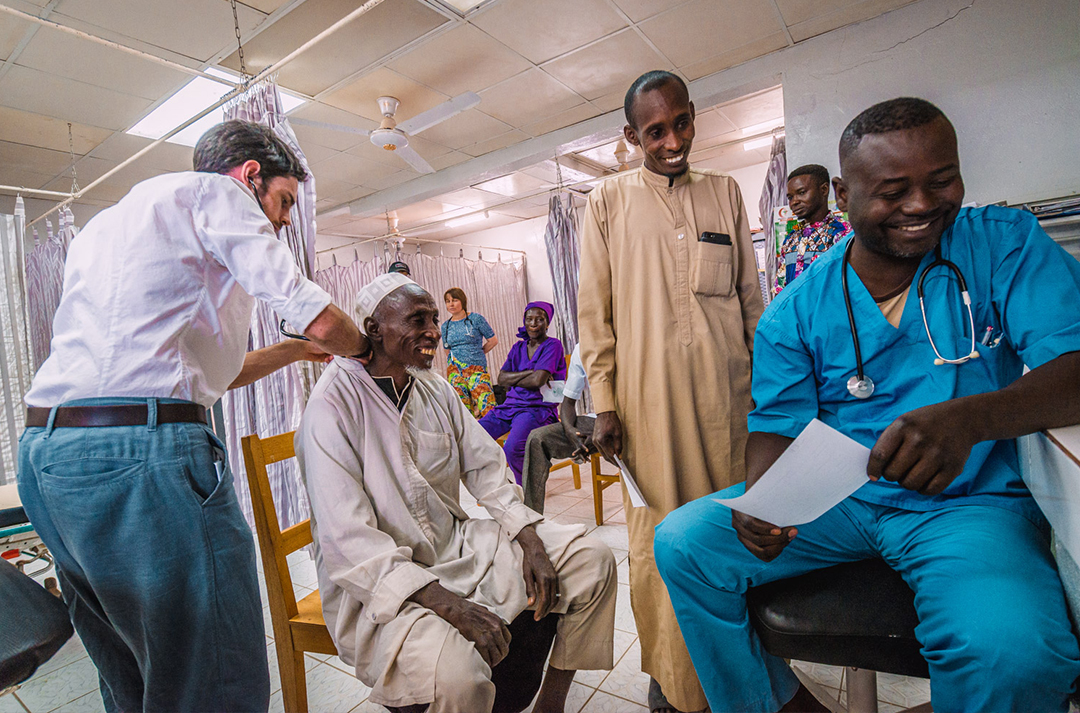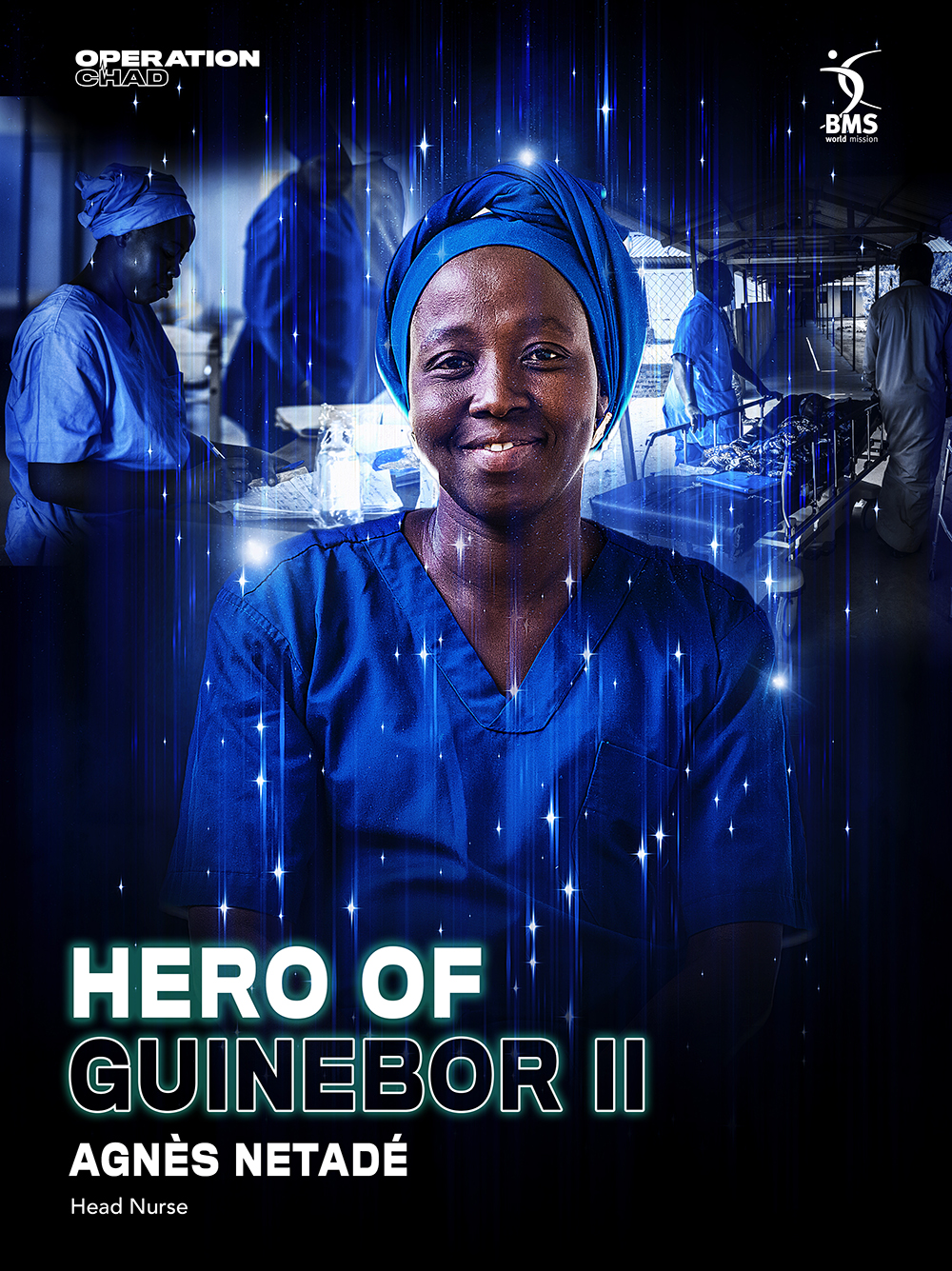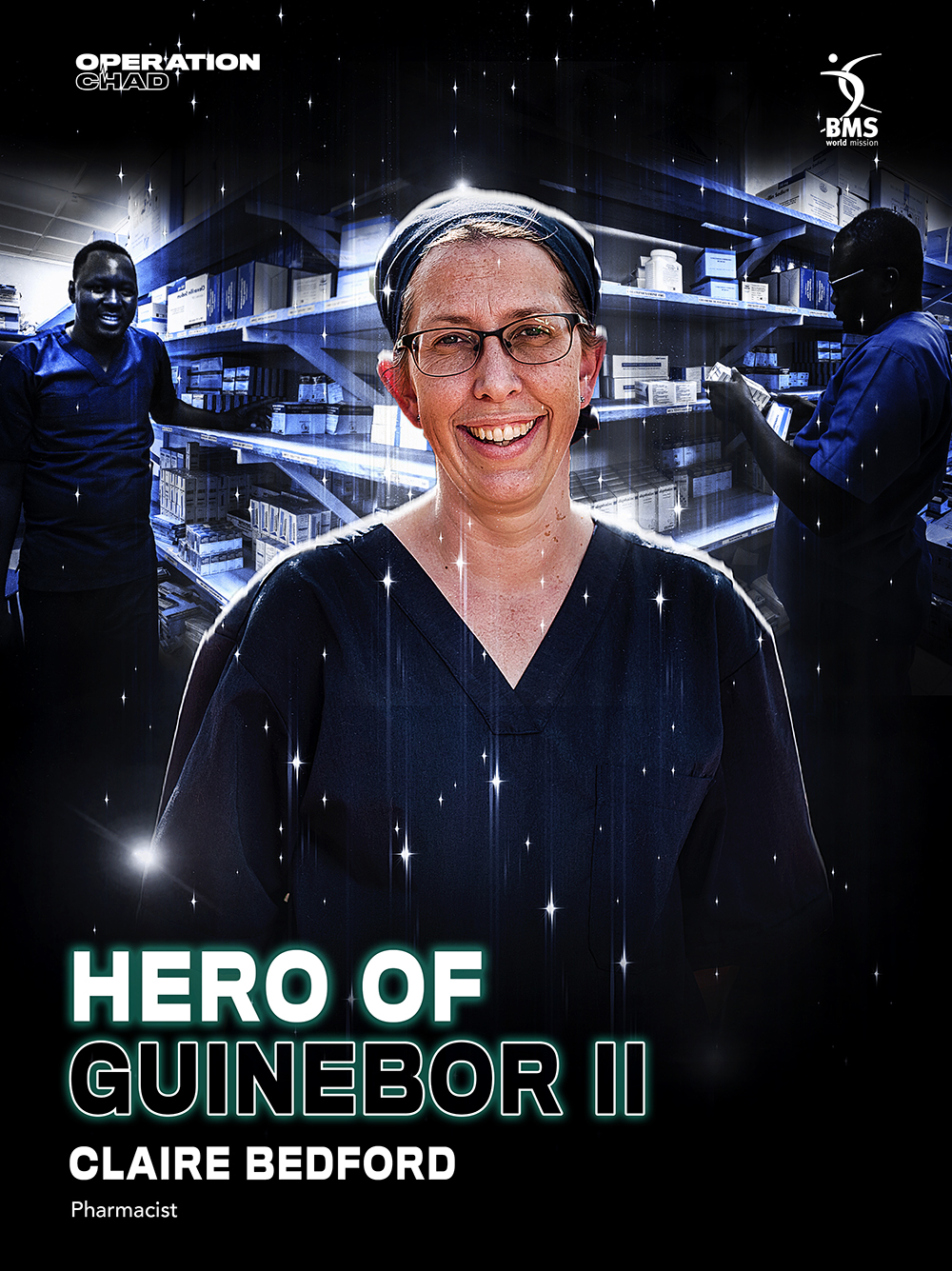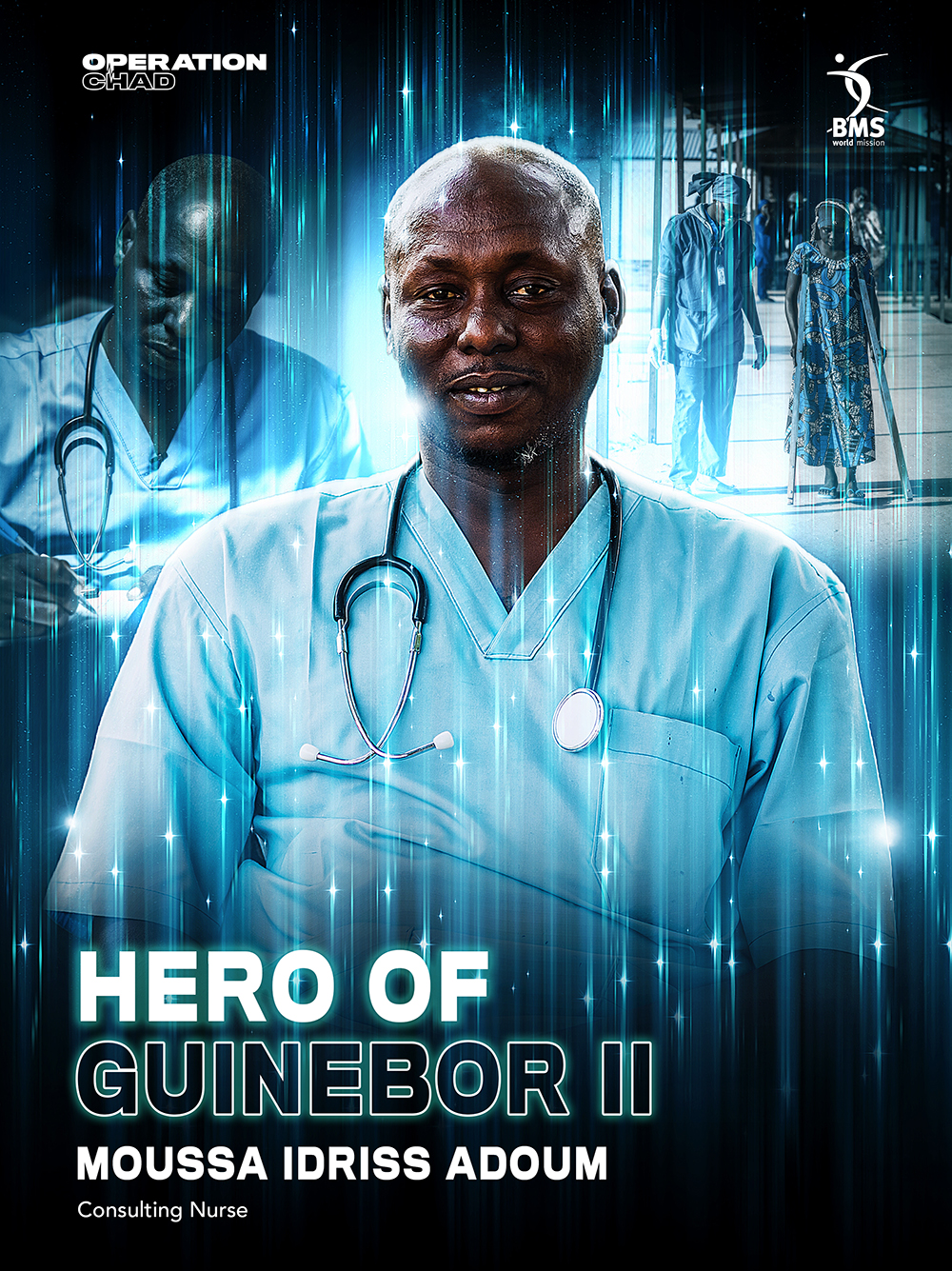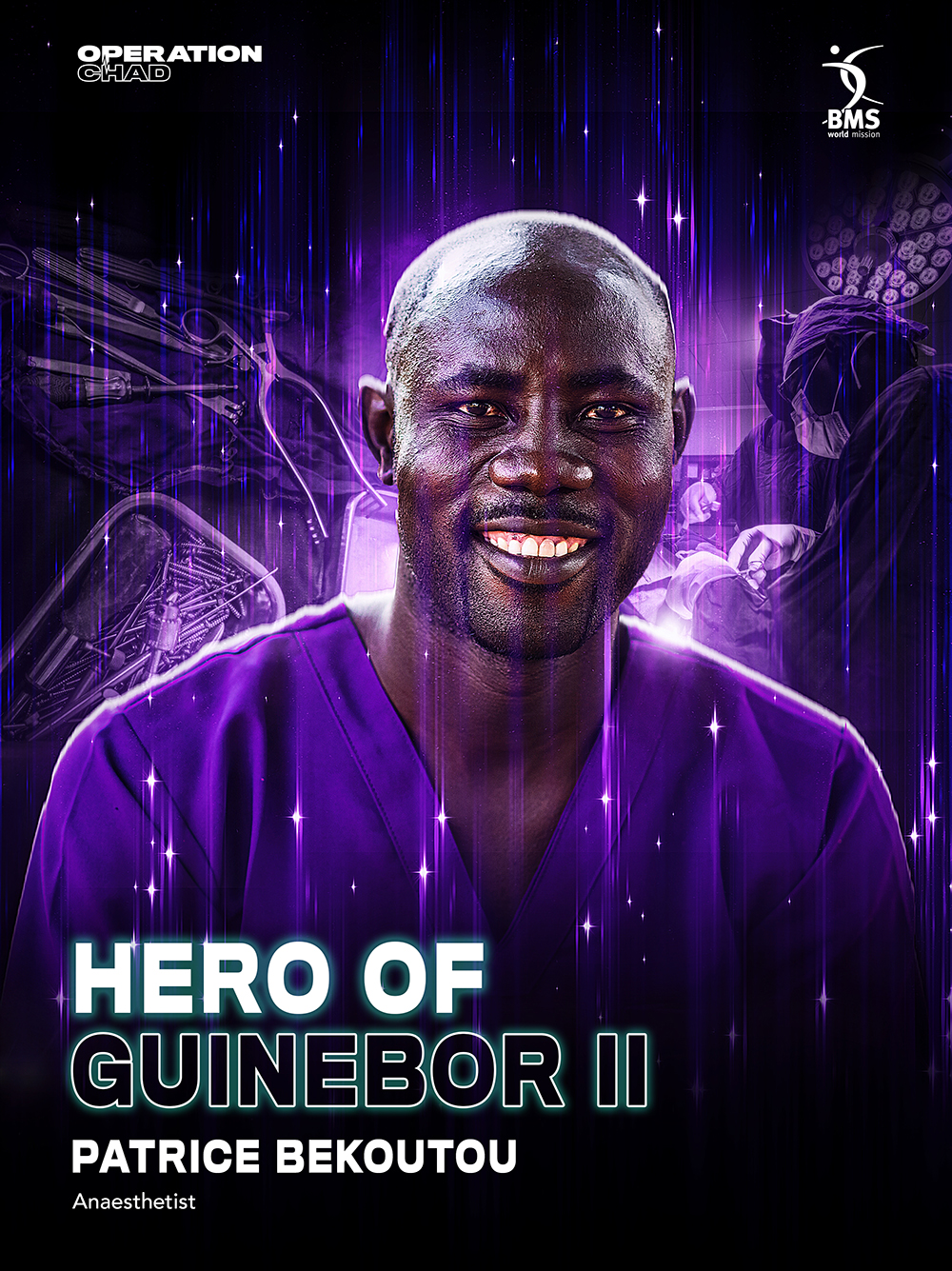A farewell to Chad
A farewell to Chad
Celebrating a season of mission
This summer we’re waving goodbye to three of our mission couples serving at Guinebor II Hospital (G2). Hear from the Shrubsole, Spears and Chilvers families about God’s work in their lives and ministries, and why the next chapter is only just beginning for BMS World Mission healthcare work in Chad.
Hi Bethan and Gareth, Mel and Tom and Brian and Jackie! As you come to the end of this season serving at G2, we’d love to take you back to where it all began. What were your first impressions of serving in a Chadian desert hospital?
Gareth Shrubsole: The challenges of Chad are known to anyone who’s done any research on the country. I think what surprised us more was some of the blessings of Chad, like the fact that our children have absolutely thrived. It’s not to say that it was always easy for them, but they have really thrived and they’ve really been blessed through it, and I believe they’ll become a blessing to others, either immediately or in due course, as a result of their experiences in Chad.
Bethan Shrubsole: I think because it’s such a challenging place, the people who go there are 100 per cent invested. So you don’t find people who are just there because they like Africa. You find people who are there because they’re passionate about Africa, and about Chad particularly.
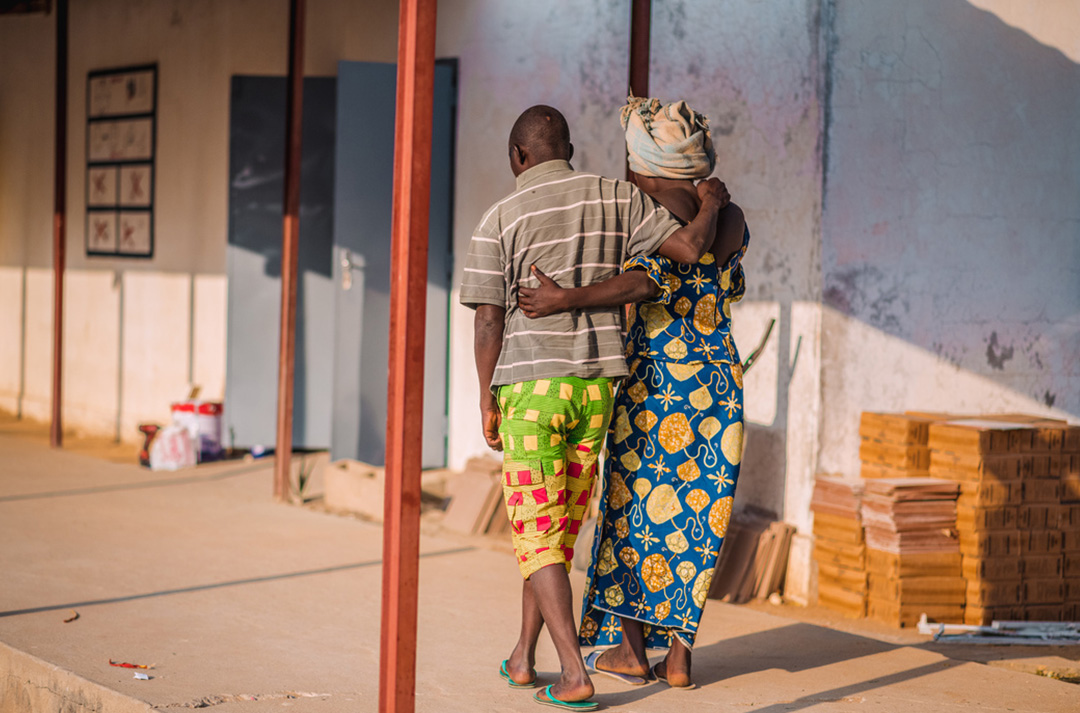
And how did you see those challenges of life in Chad play out amongst your patients?
Jackie Chilvers: Traditionally, our idea of poverty in the UK is when you don’t have enough of something. But in Chad, poverty exists where people only have enough for “today”. And when people don’t have stability politically, financially… when even the climate is changing, that ability to pay for what’s needed “today” can change very quickly. Sometimes it’s more subtle than what we typically think of as poverty. You might be able to get water from a well, but that water isn’t treated. You might have the smartest clothing or the most raggedy clothing, but if you get cancer, there’s precious little we can do except cut out the tumour as there’s no chemotherapy or radiotherapy available in Chad.
Were you surprised by how God ended up using you in such a fragile context?
Mel Spears: When I went out, I didn’t really know what my role [as a Public Health Practitioner] would look like, and I ended up spending a lot more time with patients in the hospital than perhaps I would’ve imagined. That was definitely very rewarding, but also very heartbreaking. [Working alongside Chadian colleague] Achta was amazing. She really cares about the patients and I learned a lot from her. It was never one-sided. Jackie or I might’ve read more about what perhaps certain standards should be, but she really had the practical experience of what actually works and what had been done in other places.
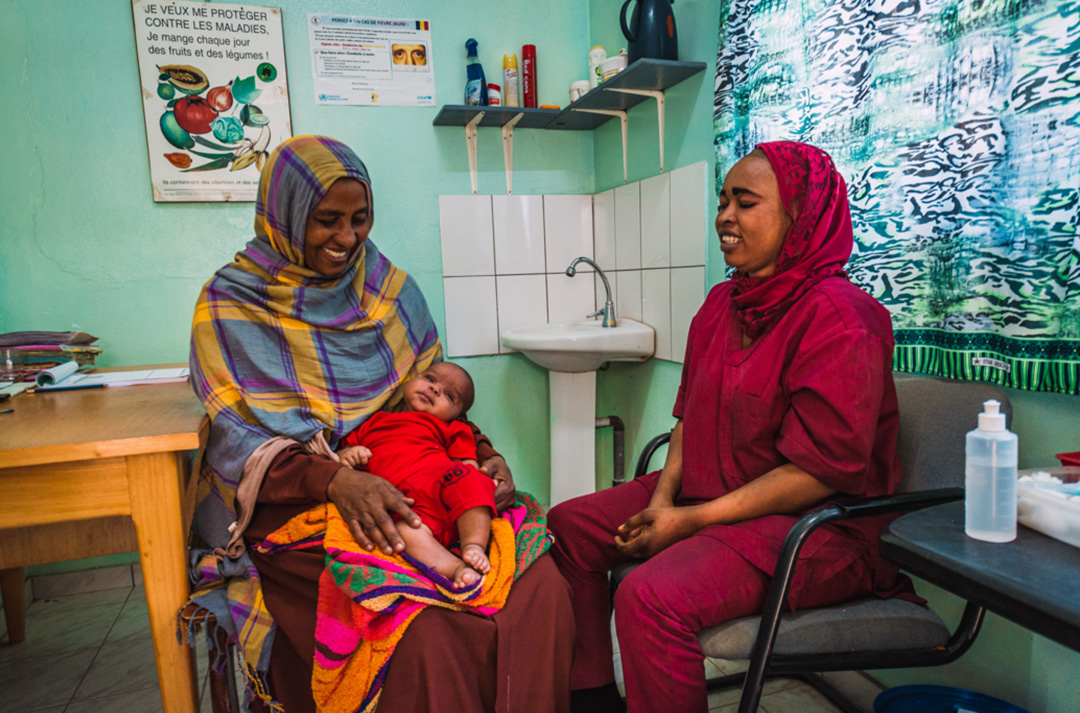
And what were some of the biggest encouragements?
Tom Spears: It was encouraging to see some of the nursing staff who do outpatient consulting really take on board some of the advice that others gave them and improve their way of doing things because of that.
I was encouraged by our colleague Moussa [who featured in BMS’ 2020 Harvest appeal, Operation: Chad]. He’s been there since the hospital opened and he’s a really good guy. He cares about his patients. It was interesting to get a bit more of perspective from him about larger scale issues in Chad and where some of the sticking points are. I look forward to hopefully working with him again in the future.
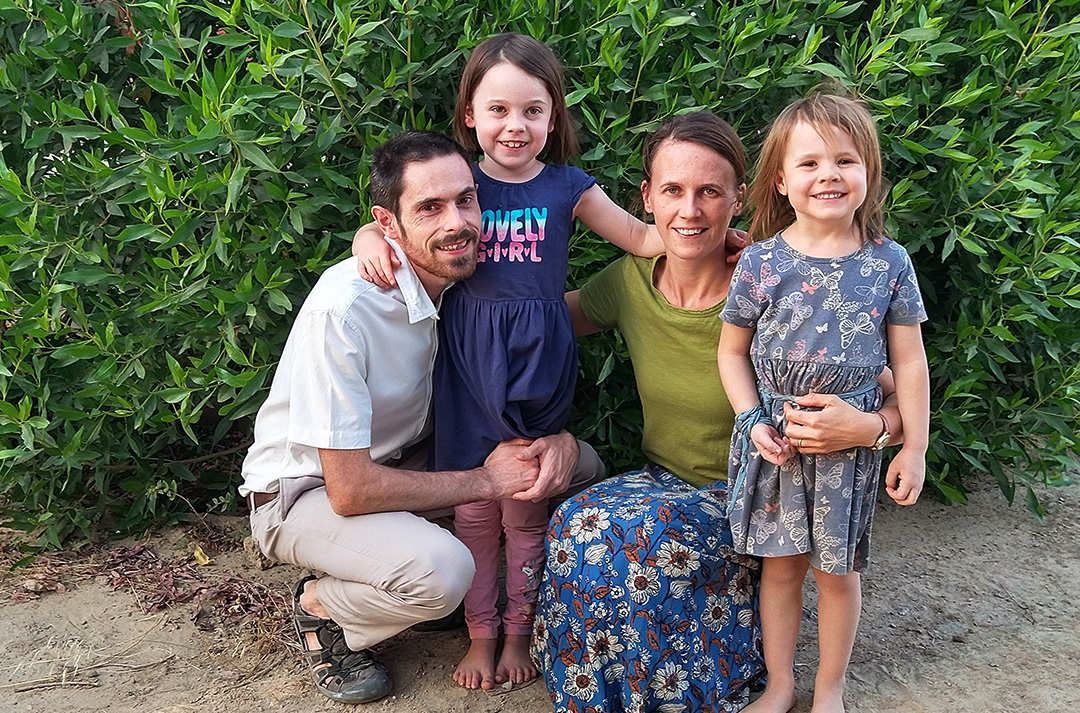
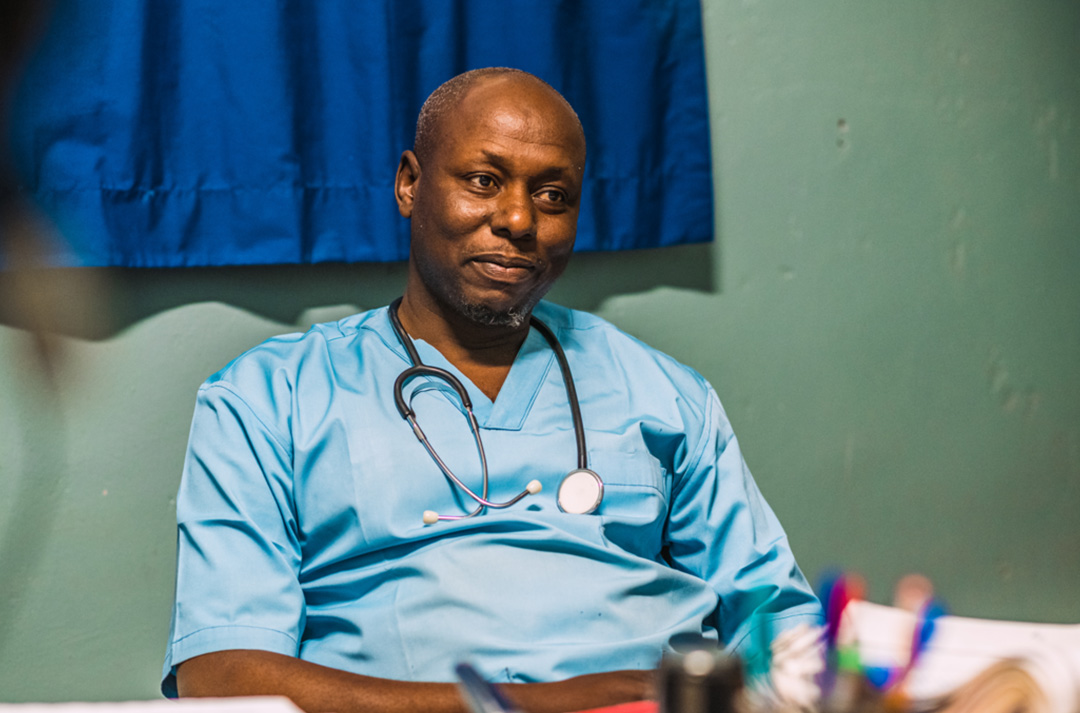
Brian Chilvers: The support from the UK was so encouraging too. When you’ve had a bad day or a difficult day – perhaps a patient is very sick or a child has sadly died – to know there are other people who are still behind you, supporting you and wanting you to go out and do the work makes such a difference. We couldn’t have been in Chad without the financial and prayer support. It reinforced the idea that I’m doing what God wants me to do.
It's clear that you’re leaving the work in Chad in some really capable hands – both those of Chadian staff and also BMS mission workers Claire Bedford and Kalbassou Doubassou. But we know the financial and prayer support of UK Christians is still absolutely critical in keeping G2 running and able to save lives.
Gareth: Please keep praying. G2 is a young hospital, it’s only 12 years old, but I can foresee its need lasting for decades. Whichever generations of mission workers and even Chadian workers pass through, it will still be God’s hospital doing God’s work. It needs to be held in prayer. It’s in a difficult, tough, place. [Head of G2 and nurse-surgeon] Kalbassou is the heart and soul of the hospital, and without Kalbassou, it wouldn’t function. So people need to continue to support BMS to support what he does, and to support what Claire does.
Tom: In the UK, the focus is often about ‘how can we improve the quality of life?’ But for most people in Chad, the focus is on survival. Actually, the cost of living has increased proportionately more in Chad than it has in the UK. Last year the cost of bread rose by 25 per cent overnight, as an example. Even in times where people are seeing their budgets squeezed, there are places like Chad where the amounts of money that affect our quality of life here affect people’s survival elsewhere.
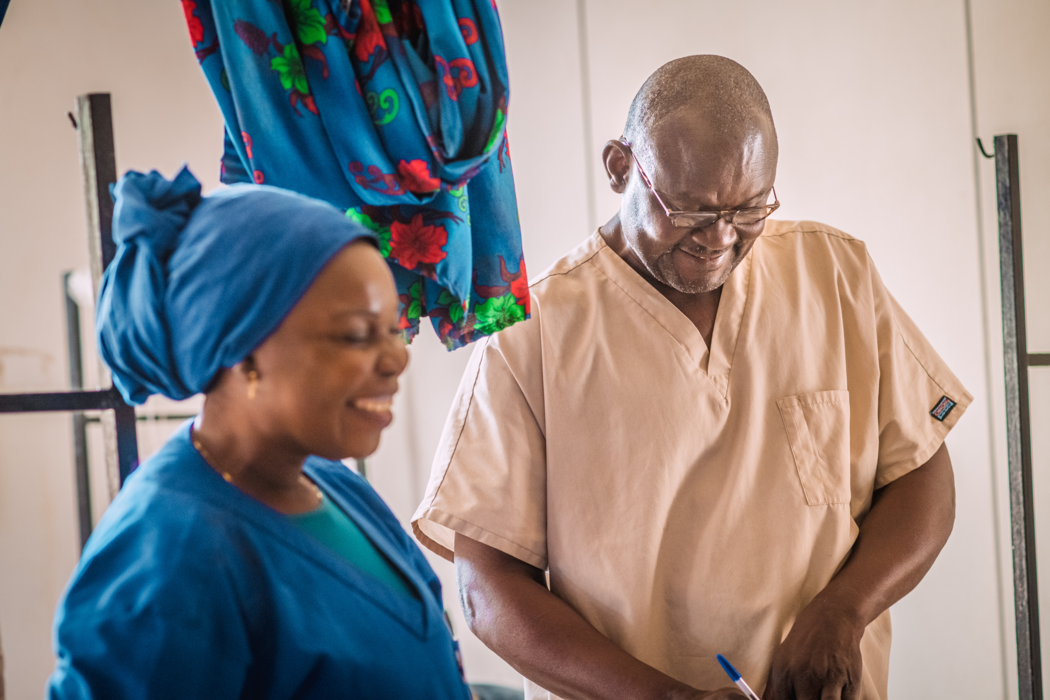
Thank you all for the incredible investment of your time, skills and lives during your time at G2, made possible by UK supporters. We’ve loved welcoming Jackie onto the BMS staff team in the UK as our new Safeguarding Lead, and we look forward to staying in touch.
- Pray
Prayer is critical to the running of G2 Hospital. Why not sign up to Kalbassou and Claire’s prayer letters, and pray for the critical surgical and pharmacy provision you’re making possible at G2? - Give
None of the work at G2 would be possible without your generosity. Find out more about becoming a 24:7 Partner for Kalbassou or Claire.
- Serve
G2 is particularly in need of qualified surgeons, paediatricians and GPs to serve alongside Kalbassou and Claire. If that’s you or someone you know, do check out the vacancies listed here.

Interview by Hannah Watson, BMS World Mission

